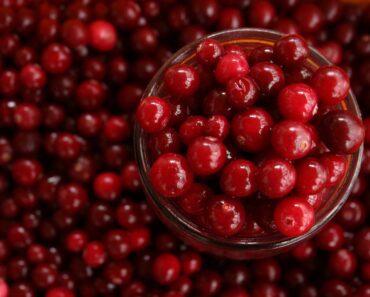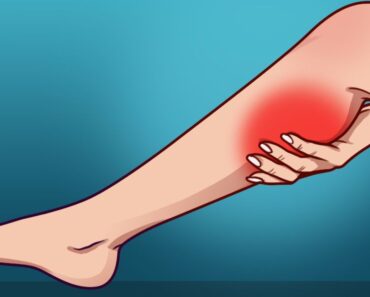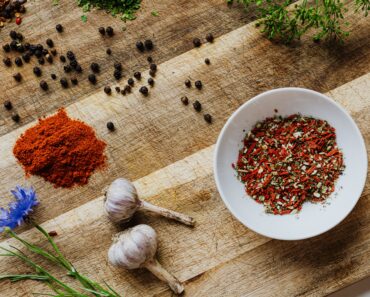Superfoods are health food ideas that come from many parts of the globe. This partly explains why some superfoods have so much hype. To lower cholesterol, we’ve adopted soy from Japan, used olive oil from the Mediterranean to fight cancer, used chickpeas and chickpeas of the Middle East to curb weight gain, and incorporated Mexican black beans into our meals to stabilize our blood sugar.
This superfood, which has been in the limelight for centuries, can now be found in your spice drawer. Turmeric, a prominent spice in Indian cuisine, has won a lot of attention for its ability to treat depression and banish acne.
Research has shown that as little as one teaspoon of turmeric per day can improve your heart health.
Details of the Study
A study of 32 women who were postmenopausal was completed over eight weeks. The women were randomly assigned to one of three groups: an exercise or turmeric group.
The turmeric group provided one teaspoon of turmeric daily to women, while the exercise group received supervised aerobic exercise training 2-3x per week. Each session lasted between 30-60 minutes and had a maximum heart rate of 60-75 percent.
An ultrasound was performed to measure changes in the endothelium, or the inner lining, of blood vessels. The researchers wanted to measure flow-mediated arterial dilation in participants in order to evaluate arterial elasticity. This would then determine the health and condition of the participants’ blood vessels.
Results of the Study
Researchers observed significant improvements in endothelial function both in the exercise and turmeric groups. The improvement in the turmeric group was almost identical to the exercise group’s.
What does this mean?
According to the above study, TurmericTurmeric can be as effective as exercising in preventing, reducing, and possibly even reversing atherosclerosis and endothelial dysfunction (plaque buildup inside the arteries) and can help maintain your heart health and strength.
Turmeric, Curcumin, and The Heart
Turmeric isn’t a foreign spice. Many of us will have heard of TurmericTurmeric from curry recipes or our recent trip to the spice markets. Many people don’t realize that TurmericTurmeric has many benefits besides adding great flavor to food preparations.
The ability of TurmericTurmeric to heal heart disease has been a hallmark of Chinese folk medicine for centuries. Researchers have now found the answer to this question: “What is turmeric good at?”
Curcumin is a compound found in TurmericTurmeric that gives the root its bright yellow color. This compound is responsible for Turmeric’sTurmeric’s potent anti-inflammatory and antioxidant, antiseptic, anti-cancerous, and anti-cancerous qualities. It can also help reduce inflammation and oxidative damage, two major factors in stroke and heart disease.
Curcumin relaxes blood vessels and helps reduce the risk of blood clotting, one of the leading causes of strokes. Curcumin’s ability to make the liver eliminate bad cholesterol is a great way to lower cholesterol, another factor that can lead to poor heart health.
How to get your daily dose of TurmericTurmeric
We’ve established that turmeric is good for the heart. Let’s now look at how to reap the root’s health benefits, even if it’s not used in curries.
Turmeric can also be used in herbal teas or protein shakes. To boost your immunity, add turmeric to your morning cup of milk before starting your day.
You can eat it: Turmeric can be added to everyday dishes, such as soups, gravies, and salads.
You can also take turmeric supplements. Talk to your doctor to discuss the dose and any side effects.
Not all spices and supplements can replace exercise, no matter how healthy. Even though turmeric is known to improve cardiovascular health, it should not be used as a replacement for regular exercise.



